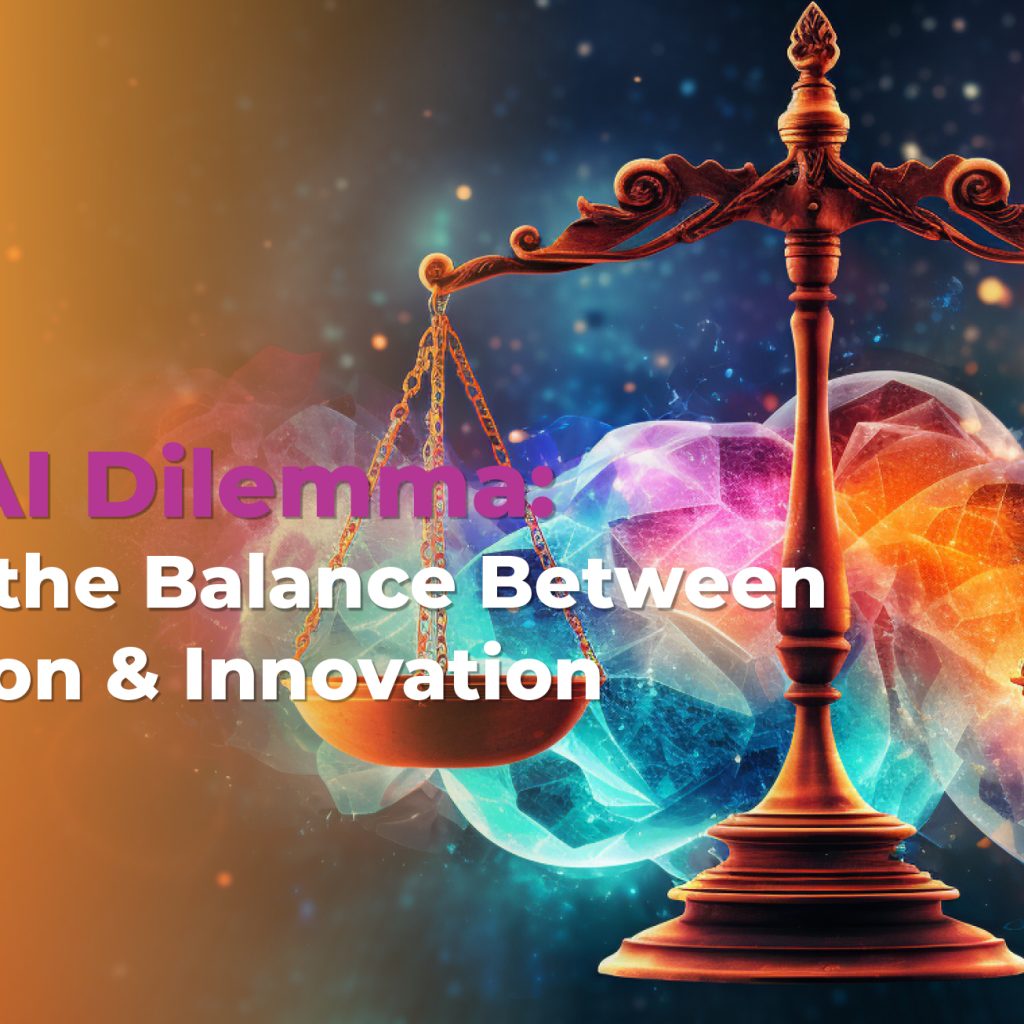In a dynamic move toward greater operational efficiency, the insurance industry is increasingly adopting artificial intelligence (AI) technologies to streamline processes, reduce costs, and expedite claims handling. This strategic shift signals a broader trend within the sector, where innovation is becoming synonymous with survival and competitiveness.
Insurers are strategically embracing AI tools to enhance various aspects of their operations. From underwriting processes to claims management, AI is proving to be a versatile ally. The integration of machine learning algorithms allows insurers to assess risk with greater precision, leading to more accurate underwriting decisions. This not only minimizes the likelihood of underpricing or overpricing policies but also optimizes the allocation of resources.
Cost-effective claims handling
One of the primary areas where AI is making significant inroads is claims handling. Traditional manual processes often entail time-consuming and resource-intensive tasks. However, with the infusion of AI, insurers can automate routine claims assessments, resulting in faster and more cost-effective claim resolutions. This not only benefits insurers but also enhances customer satisfaction by expediting the payout process.
Insurers are leveraging advanced AI algorithms to analyze and process vast datasets, enabling quicker and more accurate claims assessments. The automation of claims processing not only reduces the workload on human staff but also minimizes the margin for error, contributing to a more seamless and efficient workflow.
Enhanced operational efficiency and customer experience
AI is proving instrumental in optimizing back-office functions, leading to enhanced operational efficiency. Tasks such as document processing, data entry, and customer communication are being streamlined through automation, freeing up human resources for more complex and strategic roles. This not only reduces operational costs but also positions insurers to provide a more responsive and customer-centric service.
Furthermore, the use of AI-driven chatbots and virtual assistants is becoming commonplace in customer interactions. These technologies enable insurers to provide instant and personalized support, enhancing the overall customer experience. By leveraging AI for customer engagement, insurers are not only improving satisfaction levels but also gaining a competitive edge in a market increasingly driven by customer-centricity.
AI adoption challenges and opportunities
While the benefits of AI adoption in the insurance industry are substantial, challenges exist. Insurers must navigate issues related to data privacy, ethical considerations, and the need for upskilling the workforce to harness the full potential of AI technologies. Striking the right balance between automation and human oversight is crucial to maintain trust and ensure responsible AI use within the industry.
However, the challenges are accompanied by significant opportunities. Insurers that successfully navigate the AI landscape stand to gain a considerable competitive advantage. The ability to leverage AI for data-driven insights, risk assessment, and operational efficiency positions these insurers as industry leaders, capable of adapting to the evolving landscape of insurance in the digital age.




